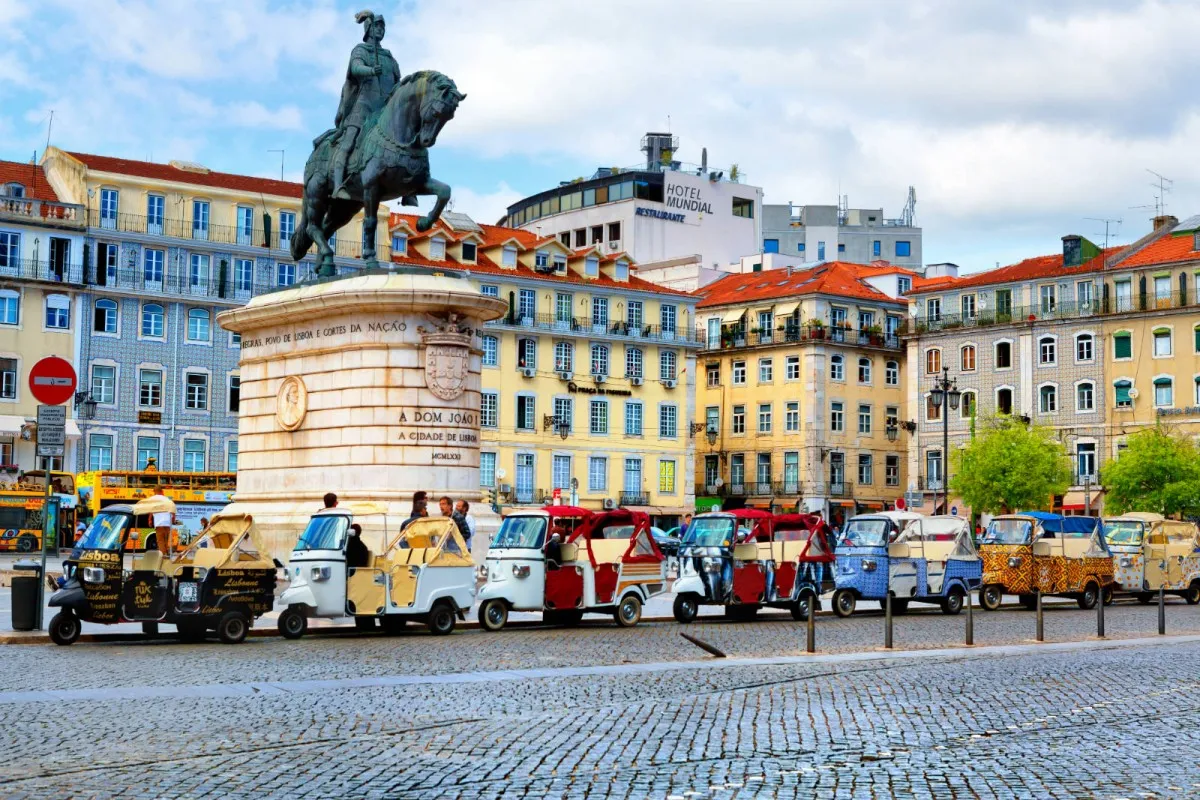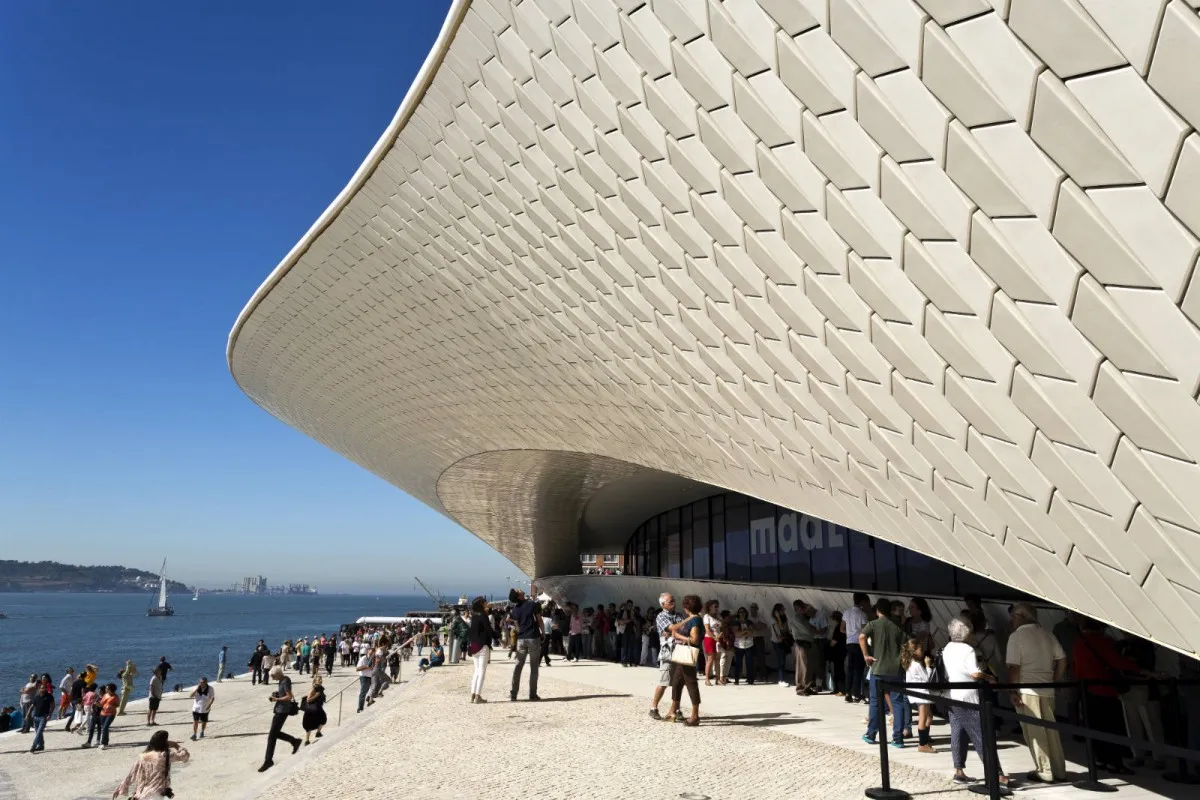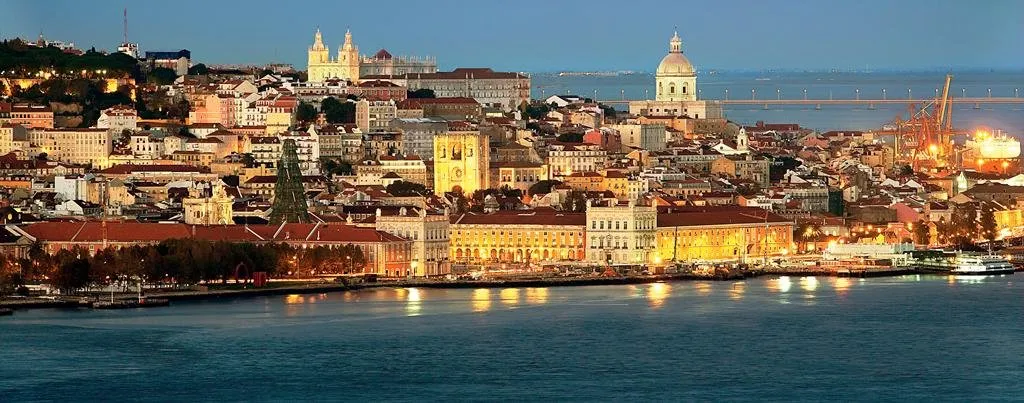The city with a long history, delicacies and luxury hotels has become a technology and financial creative city in recent years.
The "Web Summit", known as the Davos for Geeks, has always been held in Dublin, Ireland. Almost all of the tech unicorns, such as Uber founder Travis Kalanick, Tesla founder Elon Musk, Facebook founder Mark Zuckerberg and so will attend. But from 2015 on wards, the event's right to host goes to Lisbon. The Irish media is very angry, questioning the reason for giving the right to Portuguese. But the fact is that more than 50,000 people attended the summit, setting a record high in six years and generating 200 million euros for the local income, twice as high as Ireland.

Moreover, the beauty of city is in praise. Lisbon was named the best designed city by British design magazine Wallpaper in 2017. With The Museum of Art, Architecture and Technology (MAAT) and other designs, Lisbon defeated San Francisco, Austria and Vienna.
Portugal is actively shaping Lisbon as the ambition of the European city. The authority not only invested in science, technology and design, but also extended it's ambition to the financial industry, with two of the important incentives in low wages and low corporate tax.

Portugal's wages are less than half of France. The amended corporate taxes rate is only 19% of France as well. This allows BNP Paribas to recruit employees in Portugal and expect the number of employees to increase from 2,600 to 4,000 in the next three years, an increase of more than 5 percent. In addition, the French foreign trade bank (Natixis) is moving the computer business to Portugal's port city Porto (Porto), expecting to open 600 jobs in the local; even Morgan Stanley at the Wall Street is having a few research centers relocated to several Portuguese cities such as Lisbon.
These changes are leading a trend, making British worried. Two weeks before the British referendum last year, the Financial Times warned that the throne of London would be overtaken, and Lisbon would have expected to replace London and New York as new financial centers.
With strong government support, foreign investment and real estate transactions have become a new source of income for Portugal. The total investment in real estate transactions in Portugal in 2016 was € 1.3 billion. The main investment area was commercial building, which accounted for 44% of the total investment, of which 86% of real estate transactions were from foreigners.

This city that remains silence since the Age of Sail is rapidly re-emerging, and confident to become the next European science and technology financial center.